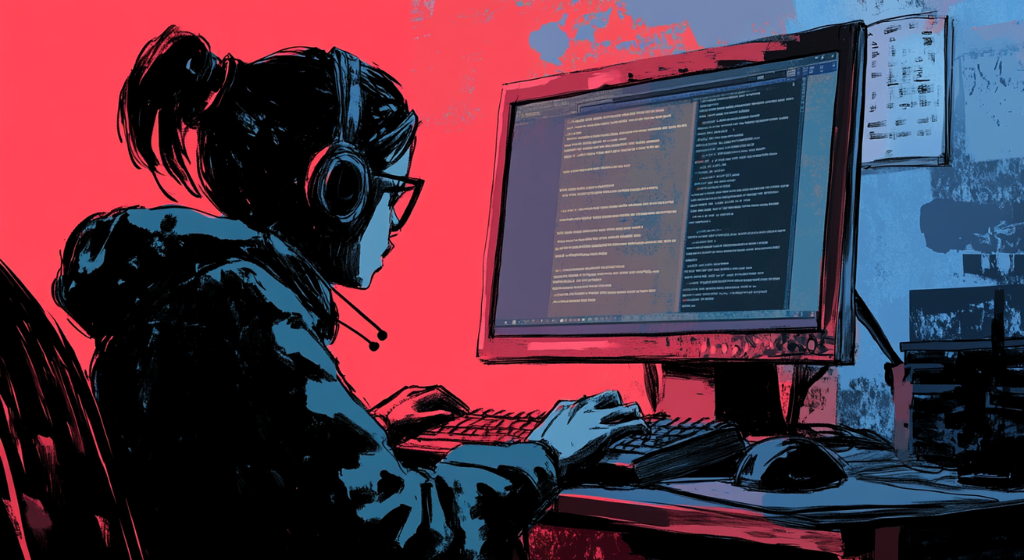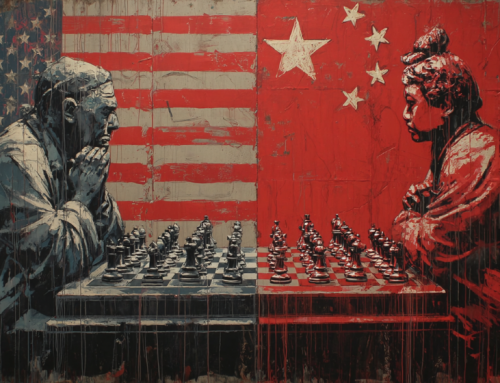
In a battle for the hearts and minds of college students, OpenAI and Anthropic have launched competing AI education initiatives, aiming to shape the next generation’s learning habits and become academia’s go-to digital tutor. (Source: Image by RR)
AI Companies See College Students as the Future Drivers of Technology Adoption
OpenAI and Anthropic, two of the most prominent AI labs, have each announced significant new initiatives targeting the higher education sector—releasing nearly identical news just 24 hours apart. Anthropic led the charge by unveiling Claude for Education, a university-tailored version of its Claude chatbot, alongside new partnerships with Northeastern University, the London School of Economics (LSE), and Champlain College. The company also teamed up with infrastructure and educational platforms like Internet2 and Instructure (Canvas’ parent company) to promote broader, equitable AI integration across campuses.
As noted in theverge.com, a key feature of Anthropic’s rollout is a new Learning mode in Claude, designed to support students not by offering direct answers, but by promoting deeper understanding through Socratic questioning. Instead of doing the homework, Claude will now ask reflective prompts like “How would you approach this?” to help students build critical thinking skills. LSE’s president, Larry Kramer, emphasized the unique responsibility educators and social scientists hold in shaping the ethical and effective use of AI in academia and beyond.
Meanwhile, OpenAI has reinforced its already strong presence in academia with several new offerings. It launched ChatGPT Edu in May 2024 and formed the NextGenAI Consortium, a $50 million initiative to promote AI research across 15 universities. OpenAI has also partnered with California State University to bring its tools to all CSU campuses. This week, OpenAI took a bold step further by announcing that ChatGPT Plus—a premium version of its chatbot—will be available for free to all U.S. and Canadian college students through May, just in time for final exams.
The synchronized announcements reflect the growing competition to win over college students and become the go-to AI companion for the next generation of knowledge workers. As the pressure on students to adapt to AI in academia and the workforce grows, both companies are aggressively positioning their platforms as essential learning tools. In doing so, they’re not just offering educational resources—they’re vying to define the AI habits and preferences of the future workforce.
read more at theverge.com







Leave A Comment